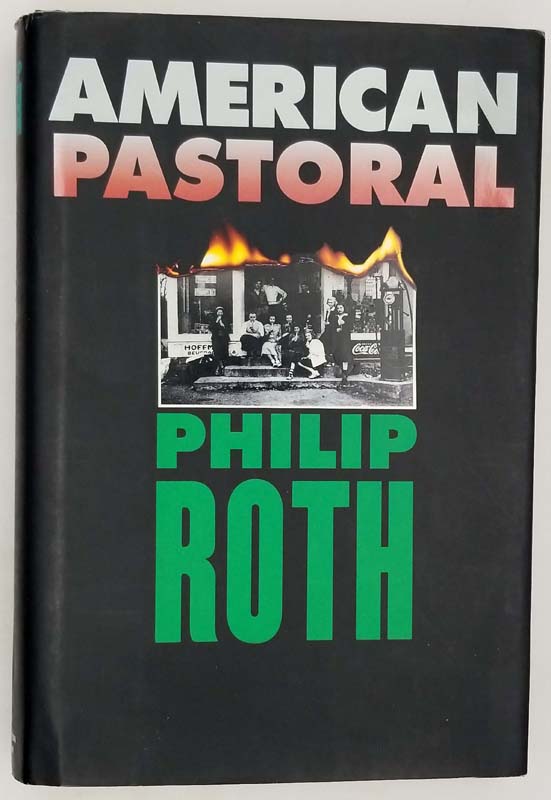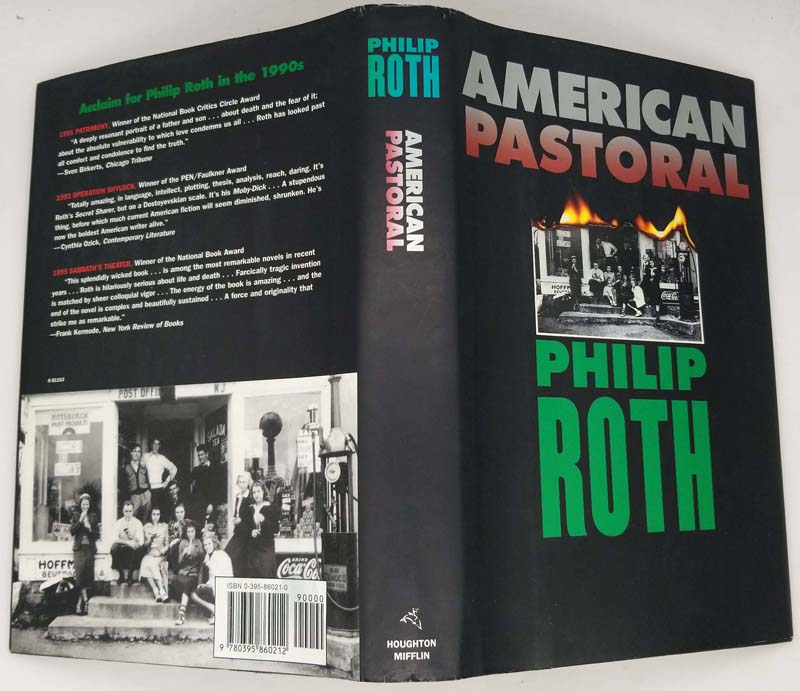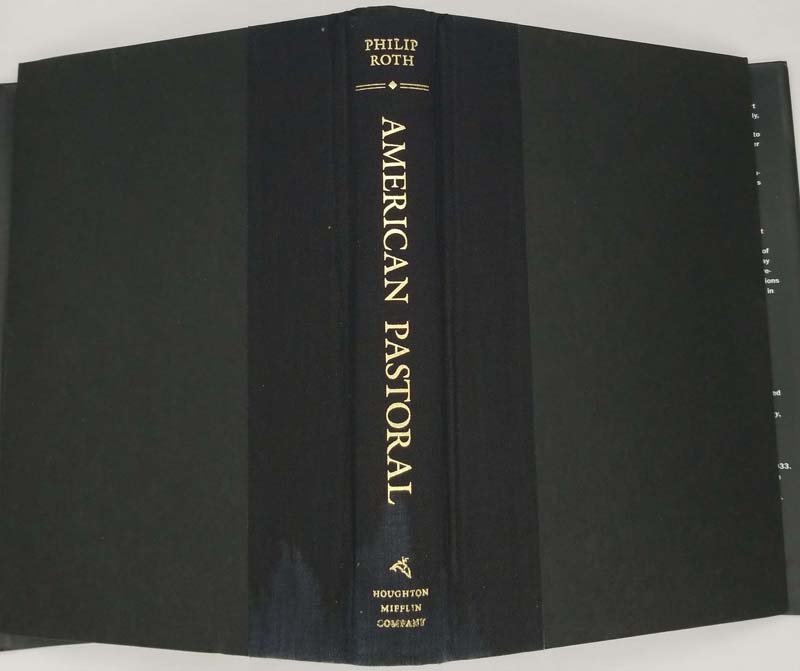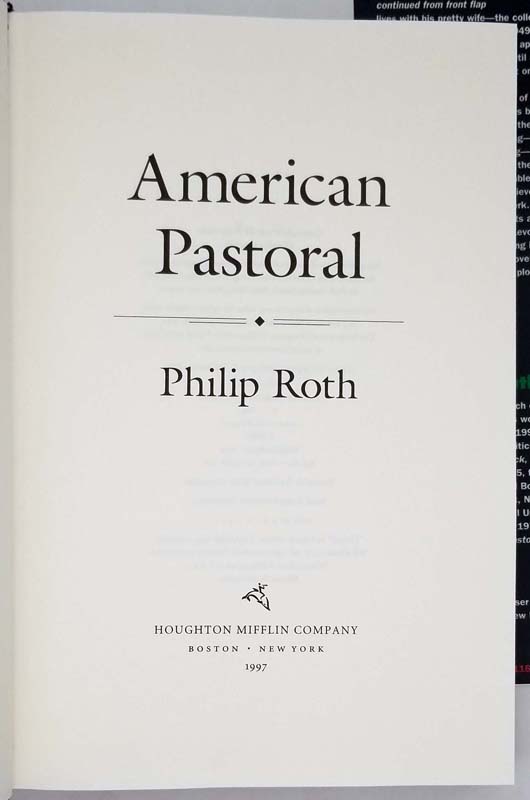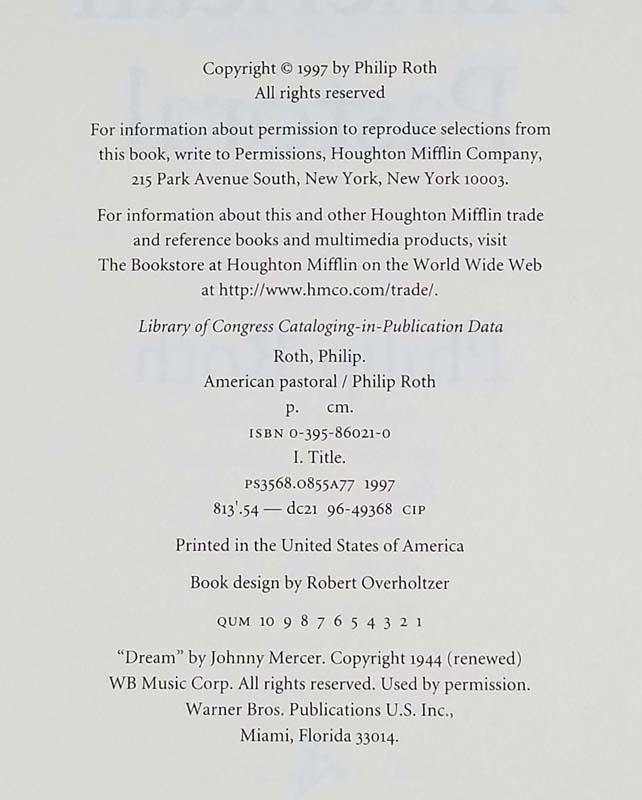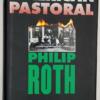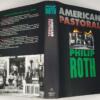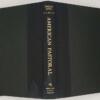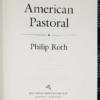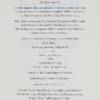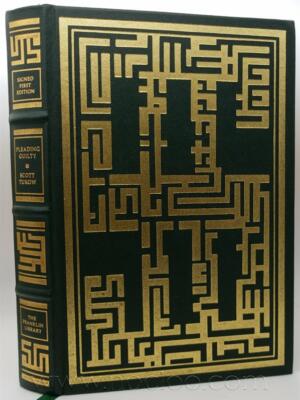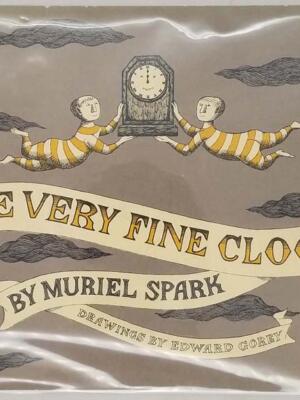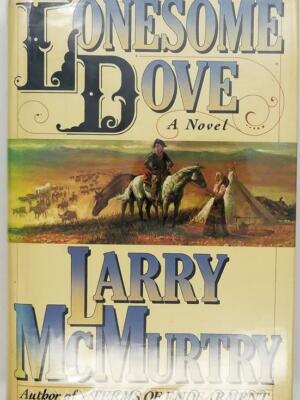American Pastoral (1997) by Philip Roth is a searing, Pulitzer Prize-winning novel that deconstructs the American Dream through the unraveling of Seymour “Swede” Levov, a golden boy of post-war prosperity. The Swede—a high school athlete turned successful glove manufacturer—seems to embody the idyllic 1950s: wealth, a beautiful wife, and a picturesque life in rural New Jersey. But his world implodes when his daughter Merry, radicalized by the Vietnam War, commits a shocking act of political terrorism, bombing a local post office and killing an innocent man.
Roth’s narrator, Nathan Zuckerman, pieces together the Swede’s tragic downfall, blending intimate family drama with a broader meditation on the 1960s’ cultural upheaval. The novel’s relentless questioning of identity, guilt, and the illusion of control (“What the hell is wrong with doing things right?”) cuts to the bone.
A masterwork of late-20th-century fiction, American Pastoral is Roth at his most unflinching—a requiem for the promises of a nation and the fragility of human order.
